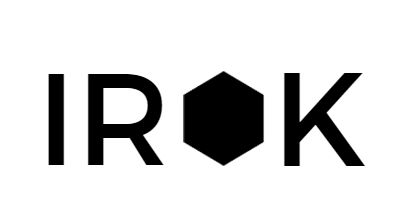You've likely heard that focusing on one industry, job, goal, dream, idea, or whatever is better for a career. Having one thing you’re passionate about or interested in and spearheading towards it, constantly trying to grow and improve in that space. I know I have. And I don’t just hear that - I see evidence of its value. With all the incredibly impressive and successful people I’ve met or have been exposed to in SF, so many have focused on one industry or role, and climbed their way up the latter in that space. David Heinemeier Hanson has said he used to be bad at programming and hated it. But he stuck with it and consistently worked at it because it made his life more efficient and his tasks less repetitive by building the algorithms he used. Now, he's the creator of a web development framework called Ruby on Rails.
And the fact that these people reach success from their grit and persistence makes sense - the 10,000-hour rule, right? The more you dedicate yourself to one thing, the better you become. The more consistent you are (doing something aimed towards that goal nearly every day) and the more grit you have (sticking to that goal despite not being good yet) is what got these people where they are today. And it’s often said that being an expert at one thing is more useful or marketable than being good at an amalgam of things.
The trouble with this path to success is that it doesn’t allow me to express and apply my array of interests and curiosities. I don’t think I have one lone superpower or passion, I think I have multiple powers and many interests. And it doesn’t stop there. I love learning about new things, expanding on those many interests, and hearing what others are passionate about and researching and trying those things. I love fitness, health, and technology; I’m fascinated in what makes businesses thrive and what makes a successful entrepreneur; I enjoy reading, riding my motorcycle, traveling, exploring SF cocktail bars, meeting new people and hearing their stories.
My side projects have included writing a product blog which interviewed the experts at startups I’ve met in SF, writing a fitness blog, drafting an online health consulting business, building new app feature mockups and PRDs for Airbnb and ClassPass, developing a product strategy for the First Republic Bank CIO to better target millennials, teaching Insanity classes, and it continues. Some were successful, some failed, some are still in progress. I have so much on my mind, so much I want to do, and instead of picking one - I do it all.
Is this detrimental? Is my lack of focus going to hold me back from becoming a marketable expert in one of these many passions? It may seem like my goals sound high-level, ambiguous, or formless (when people ask what I want to do, I say I want to be a creative visionary/strategist on a product I care about with brilliant people in an industry I believe in). And this may be true but I don’t think it’s detrimental. Each one of these micro-projects helps me grow and iterate. I learn what works and what doesn’t, and more importantly for me - what I enjoy and what I don’t.
It's easy to get jaded hearing about others’ success stories and start thinking ‘why aren’t I doing that?’ and then proceed to research it and wonder if that’s something I’d want to do. And that has increased ten-fold since moving to SF. This place is chock full of brilliant, scrappy people with interesting and powerful success stories. It can get daunting hearing about all of these. But it's beneficial as well. It's like having other people try things for you - I can internalize what they've learned, what's succeeded or failed, and what their own iterations have been in their business. And I can apply that knowledge to my own career decisions.
There's an important piece to all this - there isn’t one secret sauce or defined path to becoming successful. Another thing I’ve learned from meeting all these successful entrepreneurs, founders and experts in SF is that every single one forged their own path. And each individual holds a different meaning of successful. So I remind myself not to get disheartened or overwhelmed when I hear of a powerful fitness entrepreneur’s story and realize that it doesn’t align with my life path thus far in any way. That’s ok. I have my own path.
